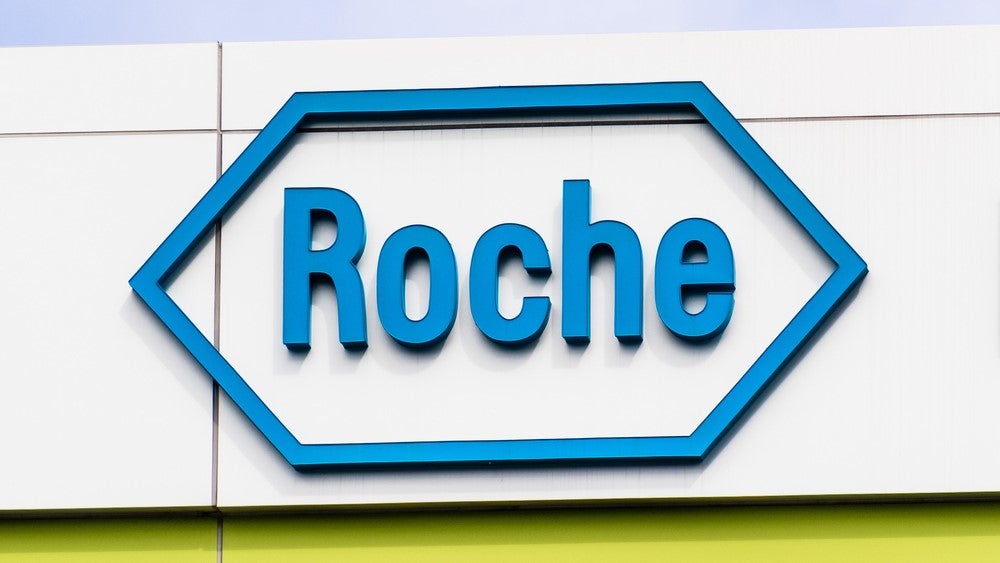A digital pathology software designed for the primary cancer diagnosis of a patient has been granted 510 (k) clearance from the US Food and Drug Administration (FDA) following a trial that found the system to be as effective as traditional glass slide pathology.
Philadelphia-based software firm, Proscia, has received FDA 510(k) clearance for its Concentriq AP-Dx pathology system for its diagnostic software that it says provides a better more immersive setting for clinicians than other systems of pathology.
Traditional glass-based pathology involves a clinician directly observing samples and biological material directly under a microscope in order to make a diagnosis in the first instance. Prosica has said that its Concentriq AP-Dx is able to produce images of a high enough resolution to rival the direct microscope view that traditional pathology affords. Digital pathology is typically limited by the resolution of the images taken by the device.
In a multi-site clinical trial, sponsored by Proscia and carried out by US healthcare facilities PathGroup, South Bend Medical Foundation, and Spectrum Healthcare Partners; the difference in major discordance rates for slides read digitally and for slides read using the microscope was -0.1%.
David West, Proscia’s CEO, said: “This regulatory milestone reflects our tireless commitment to our mission of perfecting cancer diagnosis. Pathologists are facing more pressure than ever before in the fight against some of humanity’s biggest challenges. With 510(k) clearance, we can help more laboratories improve the pathologist experience and better serve their patients.”
The FDA clearance follows a study published by the UK’s National Health Service (NHS) that found that up to 70% of clinical decisions depend on some form of pathology. Proscia has said that the software has already been awarded CE-IVDR certification for primary diagnosis in the EU.
Concentriq AP-Dx is far from the only system that uses high-resolution imaging software to help clinicians identify signs of cancer. In January of 2024, the California-based Enspectra Health also received FDA 510(k) clearance for its VIO System, a non-invasive skin imaging device. In October of 2023, Roche, Ibex Medical Analytics and Amazon Web Services (AWS) partnered to enable pathology laboratories to access Ibex’s AI-powered decision support tools to aid in the diagnosis of breast and prostate cancer.















